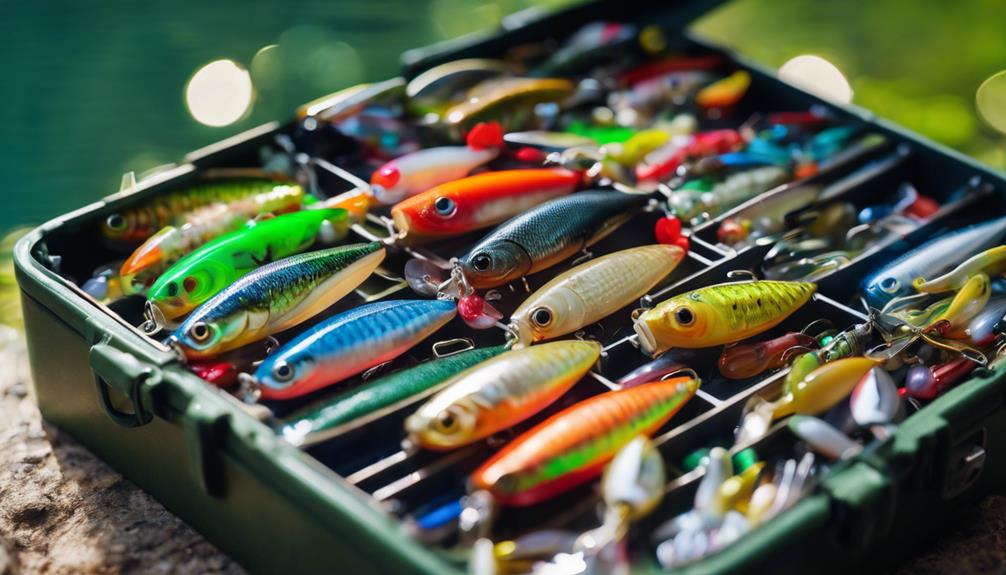Fishing is one of the most popular outdoor activities in the world, providing enjoyment for millions of enthusiasts. However, before you grab your rod and tackle box, you might be wondering: do you need a fishing license to fish? This comprehensive guide will answer that question and delve into the various factors surrounding fishing licenses, including types, regulations, and tips for compliance.
Understanding Fishing Licenses: Why They Matter
Fishing licenses are essential legal requirements in many regions, designed to regulate fishing activities and protect aquatic ecosystems. The primary reason behind requiring a fishing license is to ensure sustainable fish populations and preserve aquatic habitats. By regulating who can fish and where, authorities can monitor and manage fish stocks effectively. Additionally, the funds generated from fishing licenses often go towards conservation efforts, habitat restoration, and public education on responsible fishing practices. So, before you head out on your fishing adventure, understanding whether you need a fishing license to fish is crucial for staying compliant with local laws.
Who Needs a Fishing License? Special Exceptions
While most anglers need a fishing license, there are exceptions based on age, location, and type of fishing. For instance, many states in the U.S. allow children under a certain age to fish without a license, typically those under 16 or 17 years old. Additionally, some regions offer free fishing days where individuals can fish without a license. It’s also worth noting that specific types of fishing, such as fishing from a private pond or fishing for certain species, may not require a license. Always check with your local wildlife agency or fishing authority to understand the specific regulations in your area.
Types of Fishing Licenses: What You Need to Know
When it comes to fishing licenses, various types are available depending on your needs and the duration of your fishing activities. Most jurisdictions offer annual licenses for residents and non-residents, which typically allow for unrestricted fishing within the state’s waters. Additionally, short-term licenses, such as daily or weekly permits, are available for those looking to fish for a limited time. Some regions also provide special licenses for specific types of fishing, such as saltwater or freshwater fishing. Understanding the different license types can help you choose the best option based on your fishing plans and avoid potential fines for fishing without a license.
Where to Obtain a Fishing License: Easy Steps
Obtaining a fishing license is usually a straightforward process. Most states and regions provide multiple avenues to acquire a fishing license, including online applications, in-person purchases at licensed vendors, and local wildlife offices. To purchase a fishing license online, you typically need to provide personal information, such as your name, address, and date of birth. Some regions may require proof of residency or identification. After completing the payment, your license may be sent digitally to your email or as a physical copy mailed to your address. Always ensure you have your fishing license accessible while fishing, as authorities may ask to see it at any time.
Consequences of Fishing Without a License: Risks to Consider
Fishing without a license can lead to significant consequences. If caught fishing without a valid license, you may face hefty fines and penalties, which can vary widely depending on the jurisdiction. In some cases, repeated offenses can lead to more severe consequences, including the suspension of your fishing privileges. Additionally, fishing without a license can negatively impact local ecosystems and fish populations, resulting in stricter regulations in the future. Therefore, it’s crucial to understand that the cost of a fishing license is a small price to pay for legal compliance and the conservation of our aquatic resources.
Fishing Regulations: Understanding the Rules
In addition to needing a fishing license, it’s essential to familiarize yourself with local fishing regulations. These regulations can include specific fishing seasons, size and bag limits, and restricted areas. For instance, certain species may only be caught during designated seasons to allow for population recovery, while size limits ensure that young fish can mature before being harvested. Bag limits dictate the maximum number of fish you can keep in a single day, promoting sustainable fishing practices. Always check with local authorities or official websites for the most up-to-date regulations to avoid unintentional violations while fishing.
Benefits of Having a Fishing License: Conservation and Community
Having a fishing license comes with numerous benefits that extend beyond legal compliance. One of the primary advantages is your support for conservation efforts and the health of aquatic ecosystems. The funds collected from fishing licenses are typically allocated to habitat restoration, fish stocking programs, and educational initiatives aimed at promoting responsible fishing. Moreover, licensed anglers often gain access to exclusive fishing areas and events, fostering a sense of community among fellow fishing enthusiasts. By obtaining a fishing license, you contribute to the preservation and enhancement of fishing opportunities for future generations.
Final Thoughts: Don’t Forget Your Fishing License!
In conclusion, if you’re planning to fish, understanding the necessity of a fishing license is vital. Most anglers will need a license, with exceptions based on age, location, and specific fishing activities. By familiarizing yourself with the types of licenses available, the process of obtaining one, and the regulations that govern fishing in your area, you can enjoy this beloved pastime without legal worries. Remember, fishing is not just about the thrill of the catch; it’s also about conservation and maintaining the delicate balance of our aquatic ecosystems. So, before you cast your line, make sure you have your fishing license in hand and enjoy your time on the water!
